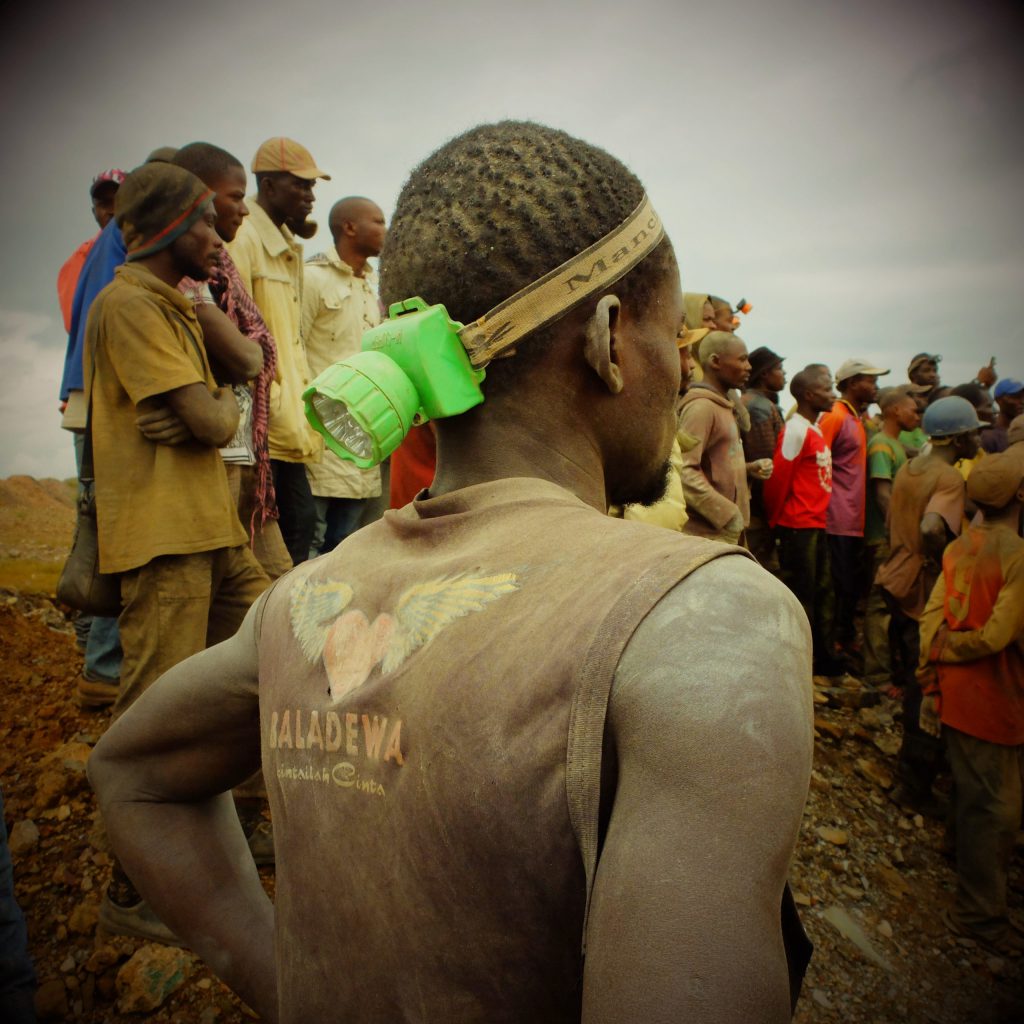Bloomberg News | November 4, 2022

A miner from Kamatanda, one of the mining areas in the Katanga province in southeastern DRC. (Wikimedia Commons)
Buying tin, tantalum and tungsten that doesn’t support violence in central Africa has become more complicated after an industry-led program monitoring the supply chains downgraded its relationship with the region’s main mineral-tracking group.

The Responsible Minerals Initiative, which helps more than 400 of the world’s biggest corporations avoid purchasing metals that fuel or fund violence, said this week that its auditing process won’t recognize the findings of the International Tin Supply Chain Initiative without companies doing extra due diligence on the source of their minerals.
RMI, whose members include Apple Inc. and Walmart Inc., removed ITSCI from its list of “recognized upstream programs” that monitor mineral supply chains because it has not reapplied for recognition by the group, RMI said in an emailed response to questions.
ITSCI said RMI’s decision was “a surprise” and that it was “committed to constructive and open dialogue and engagement” with the program in a statement on its website Thursday.
ITSCI was developed more than a decade ago by tin and tantalum industry groups to stop mining from supporting conflict in the Democratic Republic of Congo by tagging minerals at mines and tracking them through the supply chain.
It has faced criticism regarding reliability, including from anti-corruption group Global Witness, which in April said it had “spectacularly failed in its original goal of ensuring traceability of ‘conflict-free’ minerals.”
After the decision, “any company that is serious about responsibly sourcing minerals and that is sourcing minerals from ITSCI supply chains must now pressure ITSCI to overhaul its governance and be more transparent,” the London-based group said in a new report Friday.
The illicit-mineral trade has long fueled eastern Congo’s conflicts, which began nearly three decades ago as violence from the Rwandan civil war and genocide spread over the border, igniting a series of wars. Despite a 2003 peace deal, fighting persists, with more than 100 armed groups active in the region and millions of people displaced.
Most of the minerals from eastern Congo are dug by hand, providing hundreds of thousands of jobs, and programs like RMI and ITSCI have tried to ensure that companies could still buy conflict-free minerals from the region.
RMI has given companies using the ITSCI system until July to adjust to the changes.
(By Michael J. Kavanagh)
No comments:
Post a Comment